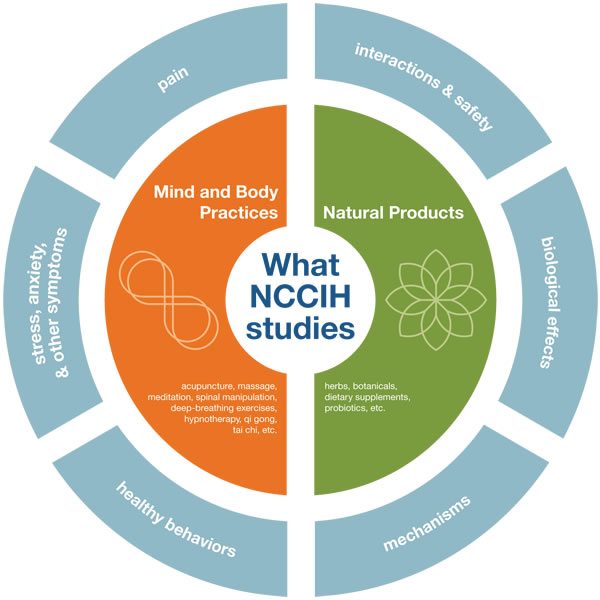
Chronic Lyme Disease – Another Negative Study
While Lyme disease itself is a real and often serious infectious illness, the existence and proper treatment of so-called chronic Lyme disease is dubious, and some would say controversial. However, like many controversies we cover, the science itself is not very controversial, but the topic is made so by a persistent minority of outliers who refuse to accept the scientific consensus. The...
Chiropractic and Stroke: No Evidence for Causation But Still Reason for Concern
Can neck manipulation (by chiropractors or by other practitioners) cause strokes? Many of us think it can, but definitive proof is lacking. A recently published study looked at the available evidence. A systematic review found a small association between stroke and chiropractic care but concluded that the association was spurious and that there was no evidence for causation. My colleagues and I...

NCCIH Strategic Plan 2016-2021, or: Let’s try to do some real science for a change
It’s no secret that we at Science-Based Medicine (SBM) are not particularly fond of the National Center for Complementary and Integrative Health (NCCIH). Formerly known as the National Center for Complementary and Alternative Medicine (NCCAM) and before that the Office of Alternative Medicine, NCCIH has been the foremost government agency funding research into quackery for the last 24 years, and, of course,...
April Fool Cannot Surpass SCAM
It’s April Fools’ day in the US of A. One of the internet traditions is to come up with a story that is weird or unlikely, but not so weird or unlikely that it is not believable, in order to fool people that the story is real. I gave it the old SBM try, I really did, but I couldn’t do it....
Regulating CAM Aussie Style
CAM proponents view National Health Interview Surveys recording the supposed popularity of CAM, an amorphous conflation of anything from conventional medical advice to mythical methods, as an invitation to unleash even more unproven remedies on the public. My interpretation is quite different. I see the same figures as proof that we are doing too little to protect the public from pseudoscience. In...
Carotid Artery Stenosis: Surgery, Stent, or Nonsurgical Stroke Prevention?
The carotid artery in the neck is a common site of atherosclerosis. As plaque builds up, it leaves less room for blood flow and can cause strokes through clotting or embolization. Carotid stenosis is defined as a greater than 70% narrowing of the lumen (the space through which the blood flows in an artery). It can cause symptoms, including transient ischemic attacks...

VAXXED and the Tribeca Film Festival: How Robert De Niro learned the hard way about Andrew Wakefield and the antivaccine movement
Disgraced antivaccine doctor, Andrew Wakefield, managed to pull another fast one. His antivaccine propaganda film, VAXXED, was mysteriously accepted for a screening at the Tribeca Film Festival. It turns out that TFF co-founder Robert De Niro had pulled some strings. The well-deserved backlash provides yet another example of how Andrew Wakefield discredits everything he touches.
Audio Therapy for Postoperative Pediatric Pain: Randomized Controlled Nonsense
In January of 2015, a study on “the effect of audio therapy to treat postoperative pain in children” performed at Lurie Children’s Hospital and published in Pediatric Surgery International made the media rounds. It was the typical story where numerous news outlets further exaggerated already exaggerated claims made in a university press release, in this case Northwestern University in Chicago. Some of...

More drugs, more supplements, and potentially more problems
Early in my career I was fortunate to be offered a role as a hospital pharmacist, working on an inpatient ward along with physicians, nurses, and a number of other health professionals. My responsibilities included conducting a detailed medication review with each newly admitted patient. We would sit together, often with family members, going through what was sometimes a literal garbage bag...






What Not To Say When Someone Is Sick
I understand the impulse, but you are well-advised to resist it. When someone you know has a serious illness, maybe even dying, you want to say something to them that is helpful, positive, and hopeful. The hopeful tone takes away some of the sting and the awkwardness of not knowing what to say to someone who just told you they are dying....